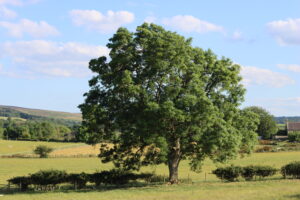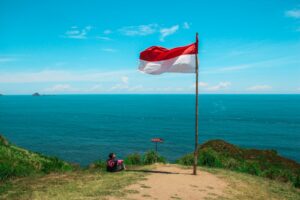Researchers to investigate the impact of North Sea structures on marine life
An international group of researchers have received a major funding boost to study the impact that North Sea structures are having on marine life.
The North Sea is one of the most industrialised marine environments on the planet, with thousands of man-made structures including oil and gas platforms, pipelines and developments.
There is mounting evidence suggesting that such structures are having a complex impact on the local marine environment.
Therefore, in order to ensure that going forward, effective decisions are made about the removal and installation of such structures, the researchers have said there is an urgent need to better understand their impact on marine life.
An international collaboration led by the Sea Mammal Research Unit (SMRU) at the University of St Andrews has been awarded over £700,000 to investigate the impact that these man-made structures are having on the ecosystems.
Lead researcher Dr Debbie Russell, from the Sea Mammal Research Unit (SMRU), said: ‘Critically, the knowledge gained from this project will be combined with existing ecological and environmental data and knowledge of invertebrates, fish, food webs and fisheries, to predict the impacts of structures on the whole ecosystem using cutting-edge ecosystem models.
‘This will allow the prediction of the impacts of the removal of old structures, such as oil and gas platforms, and addition of new structures, such as offshore wind turbines, on the marine ecosystem and implications for commercial fisheries. The findings of EcoSTAR will facilitate the development of environmentally sustainable management strategies for the North Sea as a whole, and specifically with regards to the addition and removal of these structures.’
Professor David Paterson, chair of Marine Alliance for Science and Technology for Scotland (MASTS), added: ‘The question of what should be done with offshore structures at the end of their life is one that attracts interest and controversy from across industry, science, the public, NGOs and government communities.’
Photo Credit – Pixabay












